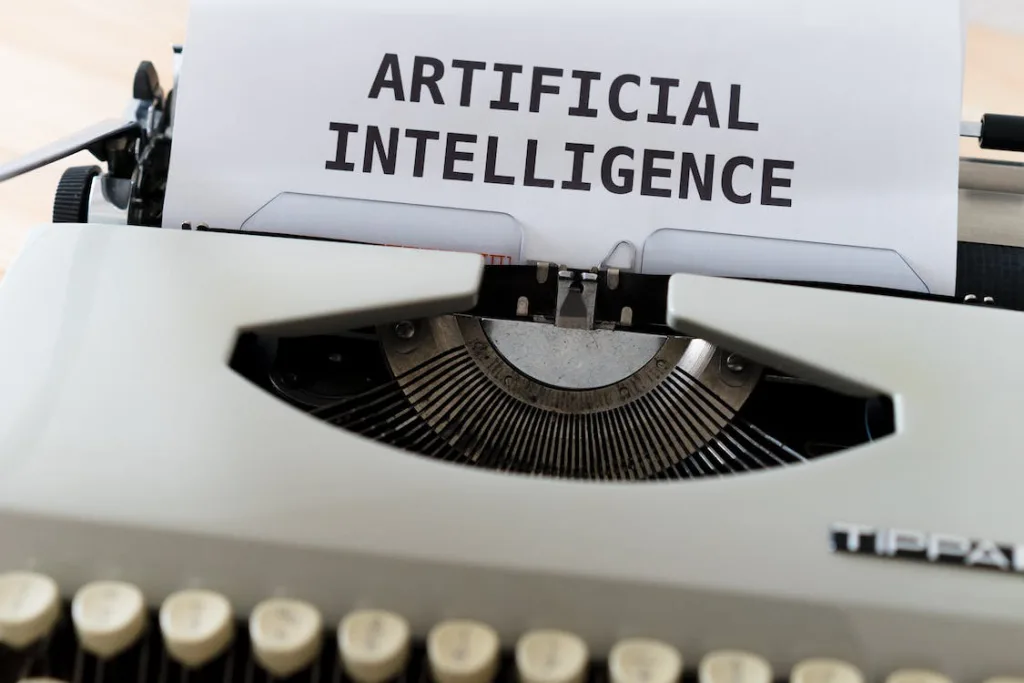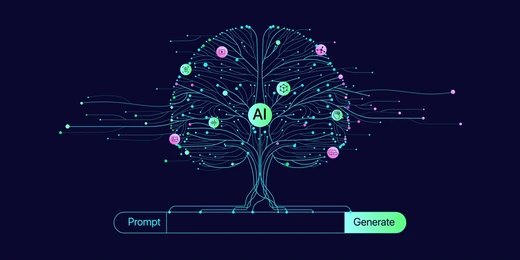
Everything You Need to Know About AI
Everything You Need to Know About AI: Unveiling the Power and Impact of Artificial Intelligence
Love it or hate it, artificial intelligence (AI) has captivated the attention of the world. In a remarkably short period, AI tools have permeated our lives, transforming the way we work, shop, create, and communicate. While advocates emphasize its potential to revolutionize productivity, education, and healthcare, sceptics voice concerns about job displacement and ethical implications. Amidst the mixed views, it is evident that AI is here to stay, evolving rapidly. To keep pace with this transformative technology, it’s essential to understand its intricacies. This article provides a comprehensive overview of AI, its applications, implications, and the future it holds.

What is AI?
AI, often associated with the notion of sentient machines plotting to overthrow humanity, is a broader term in the tech industry. It encompasses various tools trained to perform complex tasks that once required human intervention. From content filtering to movie recommendations, AI powers the algorithms that drive popular online services. It enables autocorrect, language translation, and facial recognition, and even assists medical professionals in diagnosis and traffic management.
The AI Boom: ChatGPT Takes Center Stage
The sudden surge in AI discussions can be attributed to the emergence of ChatGPT. This viral chatbot, created by OpenAI, showcased the potential of AI to the masses. People have utilized ChatGPT to draft lawsuits, compose song lyrics, and generate research abstracts that fooled scientists. Its capabilities have spurred intense competition among tech giants, including Microsoft and Google, to develop similar tools. The widespread adoption of generative AI has prompted businesses, educators, and lawmakers to adapt swiftly.
Understanding Generative AI: How Does It Work?
Generative AI empowers tools to create written content, images, and audio in response to user prompts. Big Tech companies have developed large language models trained on vast online data. These models employ deep learning techniques to recognize patterns and relationships between words, generating relevant responses. While generative AI excels in mimicking human-like writing, artificial general intelligence (AGI) aims to replicate human intelligence, remaining largely hypothetical for now.
AI Hype: Separating Fact from Fiction
As with any hyped technology, scepticism is warranted. The AI gold rush has invigorated investor interest, propelling financial markets. While not all AI tools are equally helpful, recent advancements have showcased their potential to revolutionize daily tasks. AI chatbots, for instance, have saved time for real estate agents by drafting listings, looking up land uses, and calculating mortgage payments. AI’s impact extends far beyond generative tools and promises significant advances in various sectors.
The Job Landscape: Friend or Foe?
AI’s effect on employment lies somewhere between concern and hope. While the implementation of AI necessitates new roles, such as data analysts and machine learning specialists, it also threatens certain job sectors. Predictions indicate a decline in administrative positions and an increased need for cybersecurity experts. Although AI possesses limitations and may not fully replace human capabilities, concerns about factual errors, plagiarism, and biases persist.
The Dark Side of AI: Potential Risks and Ethical Considerations
Top AI executives have raised alarm bells about the potential dangers AI poses, even as they integrate the technology into their products. Focusing on doomsday scenarios can overshadow the immediate risks AI presents, including misinformation propagation, biased algorithms, and discrimination. Deepfakes, AI-generated content, can spread propaganda and facilitate scams. AI’s gatekeeper role in hiring processes and facial recognition’s racial bias highlights the need for ethical implementation.
The Regulatory Challenge: Keeping Pace with AI Advancements
Regulators in the United States and Europe are striving to establish legislation to govern AI. However, the rapid progress in AI development makes it challenging for lawmakers to keep up. Experts predict that generative AI will continue evolving, creating increasingly realistic media content and personalized interactions. OpenAI’s GPT-4, the next-generation version, demonstrates improved capabilities, such as detailed written responses, high academic test scores, and website creation from sketches. The integration of AI into diverse products and services will require society to adapt responsibly.
Conclusion: Embracing the AI Revolution
AI’s transformative power is poised to reshape society across multiple domains. While challenges and concerns exist, the benefits are undeniable. Embracing AI demands a balanced approach that harnesses its potential while mitigating risks. Companies, individuals, and policymakers need to understand and address the ethical implications and limitations of AI. As AI permeates our lives, let us strive for responsible and mindful integration to shape a future that benefits all.














